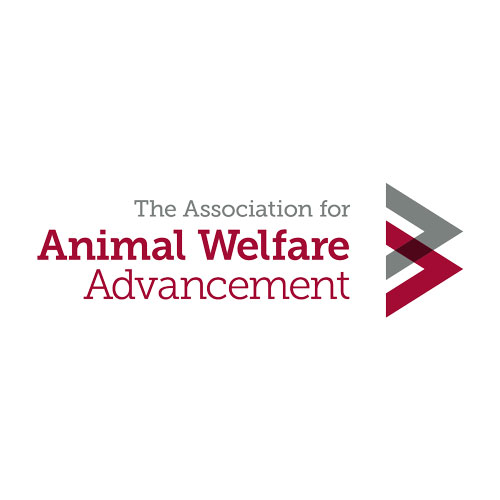Human Animal Bond Research Institute (HABRI) Survey Shows the Importance of Pets to Human Health
Washington, D.C. (March 21, 2022) — The Human Animal Bond Research Institute (HABRI) announced today key findings from its benchmark survey of U.S. pet owners. The survey found that growing importance and knowledge of the human-animal bond drive actions to improve both human and animal wellbeing.
“These new results capture how pets are front-and-center in our lives, a trend accelerated by the pandemic,” said Steven Feldman, president of HABRI. “Pets are so important, especially to our mental health, that more than 1-in-5 pet owners said a doctor or therapist had recommended pet ownership.”
HABRI first fielded its benchmark survey in 2016, providing a window into how attitudes, knowledge and behaviors have changed over the last five years. Important increases were noted in those reporting health benefits related to pet ownership and time spent with pets.
• 76% of pet owners report that their personal health has improved as a result of owning a pet, up from 71% in 2016 (+5%)
• 87% of pet owners say that they have experienced mental health improvements from pet ownership, up from 74% in 2016 (+13%)
• 83% of pet owners say they spend most of or a big part or most of the day with their pets, up from 78% in 2016 (+5%)
Connected to these increases, more people are aware of and talking about the human-animal bond with each other and with their medical professionals.
- 97% of pet owners are aware of at least one scientifically-documented health benefit of the human-animal bond
- 64% of pet owners have had a conversation with someone in the past year about the health benefits of pet ownership
- 22%, more than 1-in-5, pet owners have had a pet recommended for their health by a doctor or therapist
- 63% of pet owners have discussed the health benefits of the human-animal bond with their veterinarian (75% of Gen Z/Millennials), up from 56% in 2016 (+7%)
Results strongly indicate that the more pet owners learn about scientific research on the benefits of the human-animal bond, the more likely they are to take better care of their pets. Increased knowledge even has the potential to boost pet ownership.
- 91% of pet owners say they would be more likely to take better care of their pet, up from 89% in 2016 (+2%)
- 91% of pet owners say they would be more likely to maintain their pet’s health, including regular check-ups with their veterinarian, up from 89% in 2016 (+2%)
- 77% of pet owners say they would spend more money on their pet overall, up from 69% in 2016 (+8%)
- 57% of pet owners say they would be more likely to get an additional pet, up from 49% in 2016 (+8%)
Pet owners are also willing to make significant changes to their own lifestyle to enhance the care and attention they provide to their pets. Sixty-one percent of pet owners say they would change housing so they could have a pet, and 45% would change jobs so that they could have increased time with their pet at home. There is also an overwhelming number of pet owners who support a stronger role for pets in society.
- 92% of pet owners agree that hospitals, schools, etc. should have therapy animal programs
- 92% of pet owners agree that the government should provide service animals to qualifying veterans suffering from PTSD
- 90% of pet owners agree that emergency and temporary housing should accommodate pets
- 84% of pet owners agree that there should be fewer restrictions on pets in rental housing
This nationally-representative survey of 3,596 U.S. adults was commissioned by the Human-Animal Bond Research Institute (HABRI) and developed in partnership with LRW/Material to gain a deeper understanding of pet owners’ awareness, attitudes and behavior related to the human-animal bond and human-animal bond scientific research. Survey participants included adults 18+ years old who own at least one pet. All significance tests were done at a confidence level of 95% (p ≤ 0.05).
For more information, please visit https://habri.org/pet-owners-survey/
About HABRI
The Human Animal Bond Research Institute (HABRI) maintains the world’s largest online library of human-animal bond research and information; funds innovative research projects to scientifically document the health benefits of companion animals; and informs the public about human-animal bond research and the beneficial role of companion animals in society. For more information about HABRI, visit www.habri.org.
Contact
Hayley Maynard
Hayley@inspireprgroup.com
614.701.8205
###





